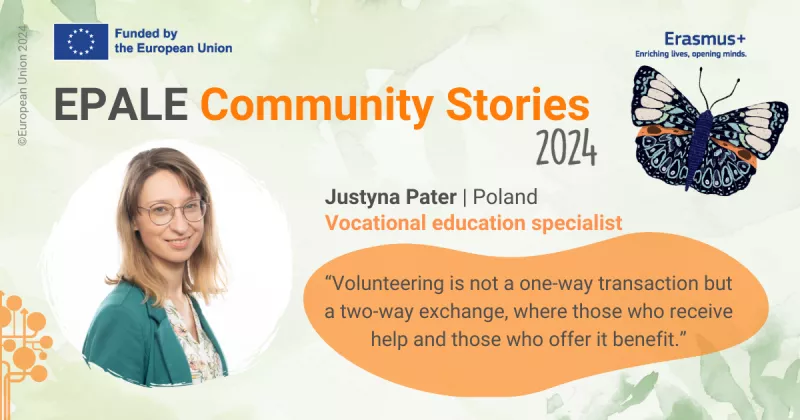Video and serious games
The video game industry has been constantly growing in the recent decades. The first simple video games appeared in the early 50s, but started gaining popularity among public in the 70s and 80s, with the gradual introduction of game consoles and home computers. Since then the market of video games has been evolving hand in hand with technological development. Nowadays, the selection of video games is extremely wide and varied, with products available not only for consoles and computers, but also mobile devices. Studies show, that the global video game market value reached about 151 billion USD in 2019¹ and will continue increasing in the upcoming years. Apart from the purely entertaining characteristics, video games are also developed for education and learning purposes. Known as "serious games", the education and skills development games are gaining popularity in many sectors.

Definition of serious games
Serious games, called also applied games, are video games with the main purpose other than entertainment. They are developed and used to teach and hone different skills. Game-based learning becomes more and more popular in the sectors like education, healthcare, emergency management, engineering, urban planning, science or defense. Serious games give not only the possibility to practice in safe, virtual environment, but they also facilitate the acquisition of knowledge through interactive, motivating and involving exercises.
Advantages of serious games
There are plenty of benefits from implementation of game-based learning and applied games. Firstly, serious games constitute the chance to reduce the costs of education and make it reachable to wider audiences. Learners do not need to be physically present on the lectures, they can practice at any time, in the place of their convenience. Interactive exercises engage all students directly in the tasks, ensuring the equal participation and the same level of skills reached. The digital form and direct engagement increase students' motivation. Moreover, the learner receives immediate and personalized feedback, difficult to provide in classrooms and collective learning. More and more games which involve the virtual reality technologies allow learners to really "enter" in the situation, which is particularly useful in training of rescue or military personnel. Last but not least, serious games provide a safe exercise environment for different sectors, where a mistake or inadequate preparation might cost human life or health.
Serious games in different industries
Serious games are widely used in various industries. One of the first sectors to introduce the game-based learning was aviation, where flight simulator has been used since 1982². Thereafter, millions of pilots all around the globe completed their training on these tools. Applied games are also commonly used in the healthcare sector. They do not only allow healthcare professionals to practice in virtual operating rooms, simulate emergency situations or learn particular skills, but are also a helpful tool in the promotion of a healthy lifestyle among patients, rehabilitation, etc. Defense and military are other industries which frequently implement serious games to familiarize and prepare the personnel for emergencies and life-threatening situations. Policeman, firefighters or soldiers who perform their training in a realistic but safe environment can learn how to face and react in different circumstances.
Serious games play also an important role in school and adult education, especially in foreign language learning. Students can easily improve their grammar skills, memorize vocabulary, practice pronunciation or control level of their knowledge in quick and interactive tests.

Future of serious games
With the progressing digitalization of different industries, the interest in game-based learning will be growing in the next years. Easy access for the learners, effectiveness, direct involvement of students and reduction of training costs are only some of the characteristics in favour of serious games expansion. Development of modern technologies will allow constant improvement of the games and will open the possibility to offer more and more learning perspectives in an increasing number of sectors.
Sources:
1. https://www.grandviewresearch.com/industry-analysis/video-game-market
2. https://www.growthengineering.co.uk/10-serious-games-that-changed-the-w…
3. https://en.wikipedia.org/wiki/Serious_game
4. https://www.game-learn.com/all-you-need-to-know-serious-games-game-base…
5. https://en.wikipedia.org/wiki/Video_game_industry
Source of the picture: Unsplash, Pixabay






Attualissimo argomento